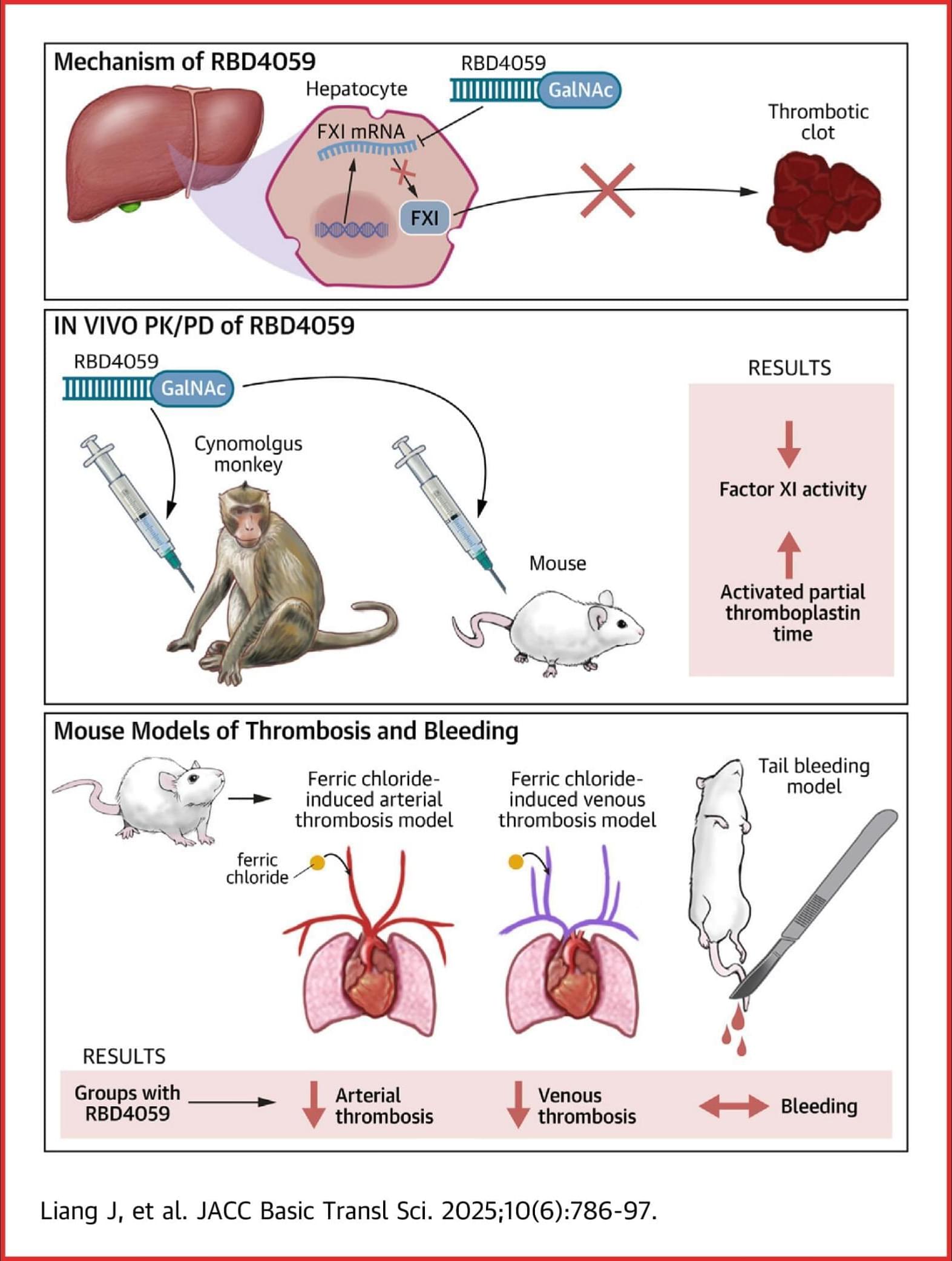GLOBAL GROUP ransomware, launched in June 2025, targets industries across multiple regions with AI-powered negotiation and rebranded BlackLock tactics




Abacus Market, the largest Western darknet marketplace supporting Bitcoin payments, has shut down its public infrastructure in a move suspected to be an exit scam.
Exit scams occur when the operator of a marketplace decides to vanish with the money they hold in escrow for various transactions between platform users.
Blockchain intelligence firm TRM Labs reports that Abacus shutting down so abruptly has all the indications of either an exit scam or a covert law enforcement operation dismantling the activity.

Microsoft has released an emergency update to fix a bug that prevents Azure virtual machines from launching when the Trusted Launch setting is disabled and Virtualization-Based Security (VBS) is enabled.
The bug impacted Windows Server 2025 and Windows 11 24H2 and was introduced during the July Patch Tuesday security updates.
“This update addresses an issue that prevented some virtual machines (VMs) from starting when Virtualization-Based Security (VBS) was enabled,” explains Microsoft.

An international law enforcement action dismantled a Romanian ransomware gang known as ‘Diskstation,’ which encrypted the systems of several companies in the Lombardy region, paralyzing their businesses.
The law enforcement operation codenamed ‘Operation Elicius’ was coordinated by Europol and also involved police forces in France and Romania.
Diskstation is a ransomware operation that targets Synology Network-Attached Storage (NAS) devices, which are commonly used by companies for centralized file storage and sharing, data backup and recovery, and general content hosting.

A new variant of the Konfety Android malware emerged with a malformed ZIP structure along with other obfuscation methods that allow it to evade analysis and detection.
Konfety poses as a legitimate app, mimicking innocuous products available on Google Play, but features none of the promised functionality.
The capabilities of the malware include redirecting users to malicious sites, pushing unwanted app installs, and fake browser notifications.


From punch card-operated looms in the 1800s to modern cellphones, if an object has “on” and “off” states, it can be used to store information.
In a laptop computer, the ones and zeroes that make up the binary language are actually transistors either running at low or high voltage. On a compact disc, the one is a spot where a tiny indented “pit” turns to a flat “land” or vice versa, while a zero represents no change.
Historically, the size of the object cycling through those states has put a limit on the size of the storage device. But now, researchers from the University of Chicago Pritzker School of Molecular Engineering have explored a technique to make the metaphorical ones and zeroes out of crystal defects, each the size of an individual atom, for classical computer memory applications.
UChicago researchers created a ‘quantum-inspired’ revolution in microelectronics, storing classical computer memory in crystal gaps where atoms should be.


In the present study, the GalNAc-siRNA molecule RBD4059 showed promising reduction of FXI activity in preclinical animal models and antithrombotic effects without disrupting hemostasis.
RBD4059 is the first FXI-targeting GalNAc-siRNA molecule to reach the clinical stage of development and is a promising candidate for the development of a safe and efficient antithrombotic drug with high patient compliance.